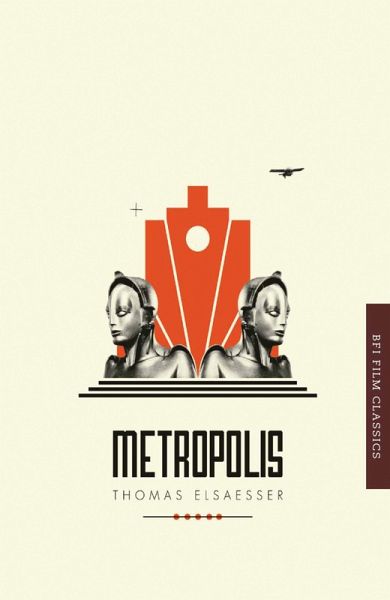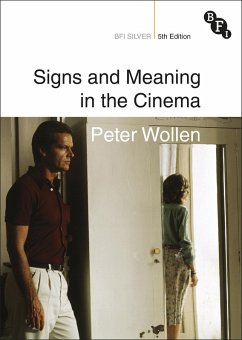
Metropolis (eBook, PDF)

PAYBACK Punkte
6 °P sammeln!
Metropolis (1925) is a monumental work. One of the greatest works of science fiction, it also tells human stories about love and family. This new edition of Elaesser's study is published in the Film Classics 20th anniversary series of special editions, with a new foreword by the author, and a stunning new jacket design by Cristiana Couceiro.













